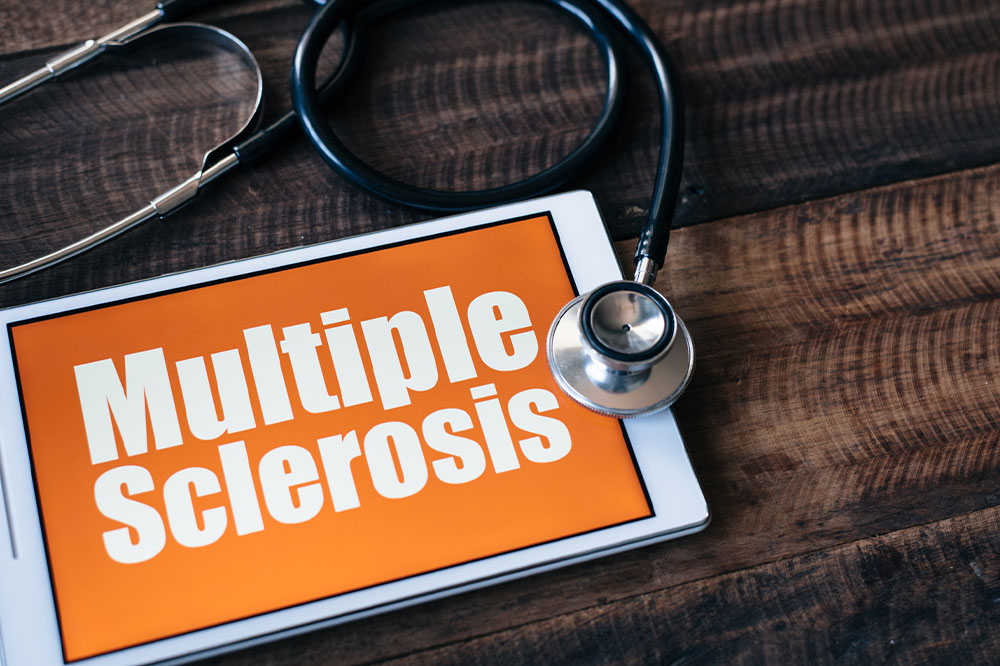
5 Early Warning Signs of Multiple Sclerosis
Vision problems, numbness, and extreme fatigue are potential warning signs of multiple sclerosis, a prevalent autoimmune disease affecting the central nervous system. The condition is said to impact around 2.5 million people worldwide. While multiple sclerosis cannot be cured, it can be managed to the extent that it does not significantly affect a person’s routine activities. This post discusses five common early warning signs of multiple sclerosis one should look out for.
What is multiple sclerosis?
Multiple sclerosis is a chronic autoimmune disorder affecting the central nervous system (CNS). Autoimmune diseases occur when the body’s immune system mistakenly identifies healthy cells as a threat and attacks them. The reason behind this faulty immune response is not fully understood, but it is thought to be linked to a combination of genetic, environmental, and immunological factors.
In multiple sclerosis, the immune system mistakenly attacks and damages the myelin sheath, a protective layer surrounding nerve fibers in the CNS. This damage disrupts the transmission of nerve impulses, leading to various neurological symptoms and deteriorating health.
Doctors typically diagnose the health condition by examining a person’s health history and performing imaging tests like magnetic resonance imaging (MRI) and lumbar puncture (spinal tap). Treatment usually involves modifying the immune system, managing symptoms, and reducing the frequency and severity of relapsing multiple sclerosis. Relapsing multiple sclerosis is a type of multiple sclerosis that keeps recurring after periods of partial or complete recovery. Around 85% of people who develop multiple sclerosis are initially diagnosed with the relapsing type.
Early warning signs of multiple sclerosis
Most people with the condition can manage their symptoms and lead full, productive lives with the help of treatment, lifestyle changes, and support from healthcare providers and loved ones. However, before opting for treatment, one must know the symptoms and get a confirmed diagnosis:









